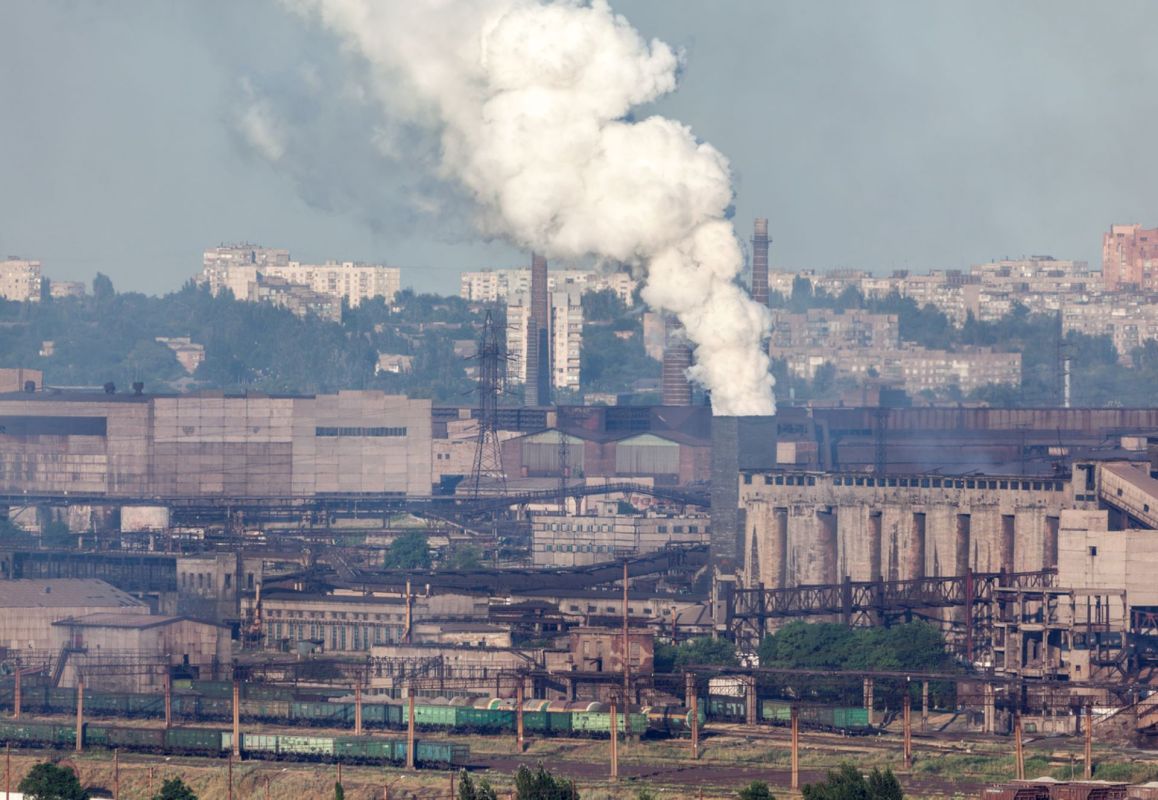Researchers from the University of Washington have proposed a futuristic new way to remove heat-trapping methane gas from the atmosphere.
The Guardian reports that the scientists are interested in using methane-eating bacteria called methanotrophs to eliminate the powerful planet-warming pollutant.
A potent pollutant
In the short term, methane is up to about 85 times more potent than carbon dioxide (CO2) when it comes to trapping heat inside Earth's atmosphere. It's produced by belching livestock in addition to other elements of food production.
Landfills also emit it, and it's found buried deep in the Earth, from where it's harvested and sold for fuel under the name "natural gas."
Methane leaks are significantly increasing Earth's rising temperatures. Efforts to cool down the planet have primarily focused on reducing the amount of CO2 or methane pollution. But what if there was a way to remove the methane already in the atmosphere?
Methanotrophs
That's where methanotrophs come in. There is an entire family of bacteria that can "'eat' methane, "removing it from air and converting part of it to cells as a source of sustainable protein," as lead researcher Mary E. Lidstrom told the Guardian.
Basically, much of the methane could be turned into the weaker pollutant CO2.
The CO2 can be further filtered out by pumping it into a greenhouse where plants convert it into oxygen and food — turning harmful methane into safe and even useful materials for humans and the planet.
According to the Guardian, Lidstrom's research team looked at many members of the methanotroph family to find the right strain for the job.
The bacterium they found, called methylotuvimicrobium buryatense 5GB1C, removes methane efficiently even when the chemical concentration is low, as it is in our atmosphere.
The Guardian reports that using this methanotroph to filter enough methane from the air by 2050 could lower the average global temperature by almost 0.4 degrees Fahrenheit.
That may sound like a small amount, but the Earth is predicted to reach a disastrous tipping point with an increase of only 2.7 degrees Fahrenheit, so reducing it by 0.4 degrees is significant. Combined with other steps, including stopping the burning of dirty fuels, this method could tip the scales.
"The biggest barrier to implementation now is technical: we need to increase the methane treatment unit 20-fold," said Lidstrom. "If we can achieve that, then the biggest barriers become investment capital and public acceptance.
"We believe we could have field pilots tested within three to four years, and scale up would then depend on investment capital and commercialization."
Join our free newsletter for weekly updates on the coolest innovations improving our lives and saving our planet.









